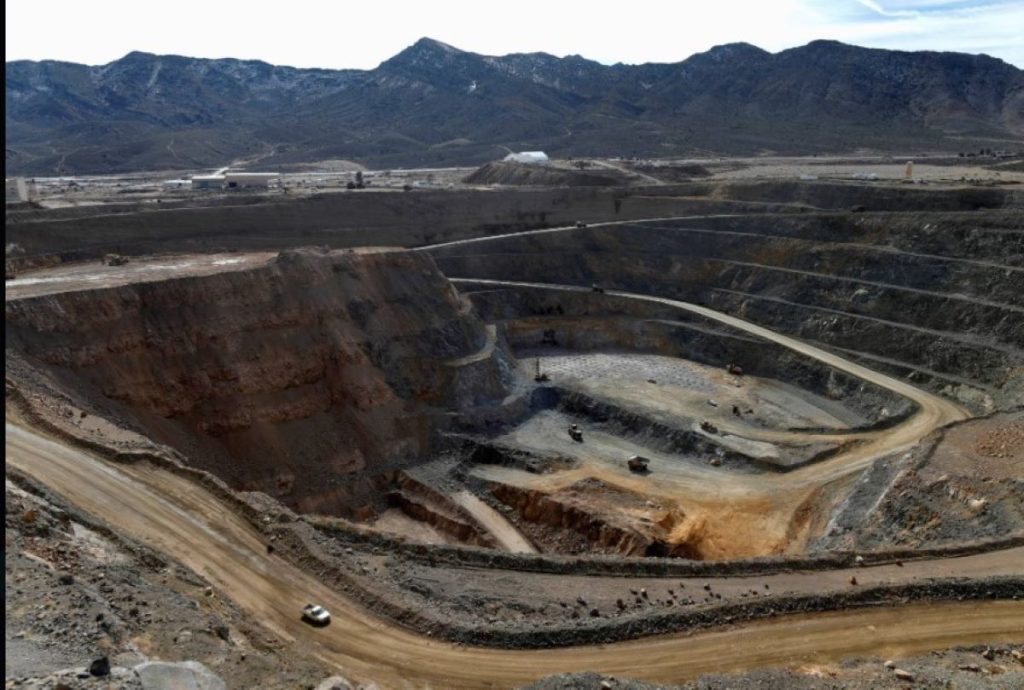With an increasing population and a growing demand for metals and minerals, mining is playing an increasingly important role in the global economy.
But until firms adopt sustainable mining practices, they will keep having a detrimental impact on the environment and society. Thankfully, a few mining sector participants are starting to take action against the detrimental impacts of years of careless extraction methods. Professionals and people from both inside and outside the industry are among the participants, exerting pressure on businesses to reduce their carbon footprint and negative effects on nearby communities. This article outlines eight sustainable mining practices that corporations and the Nigerian government should take into consideration to decrease their negative social and environmental effects. As a result, more organisations are implementing new policies to promote ethical corporate practices.
Evaluation of the Environmental Impact (EIA): Before mining activities start, comprehensive EIAs must be conducted in order to identify potential environmental concerns and create mitigation strategies. This lessens the detrimental effects on biodiversity, water resources, and ecosystems.

Recuperation and Restoration: To return mined lands to their pre-mining condition or a suitable land use, it is imperative to implement efficient rehabilitation and reclamation schemes. This entails actions like water management, soil erosion prevention, and revegetation.
Waste Management: Appropriate Handling of tailings and mine dumps, as well as other mining waste, is crucial to avoiding pollution and contamination. Methods like neutralisation, confinement, and filtering can be used to accomplish this.
Energy Efficiency: By using energy-efficient methods and technology, the mining industry may minimise greenhouse gas emissions and its carbon impact. This includes optimising processes, increasing the efficiency of equipment, and utilising renewable energy sources.
Water Conservation: In areas with few water supplies, recycling and reuse are important water conservation techniques to put into practice. By doing this, the effects of mining on ecosystems and water supplies are lessened.
Conservation of Biodiversity: Ensuring the health and services of ecosystems depends on safeguarding biodiversity in mining regions. Programs for species conservation, ecological area avoidance, and habitat restoration can all help achieve this.
Community Engagement: Sustainable mining depends on establishing solid linkages with the surrounding communities. This entails interacting with stakeholders, attending to their issues, and making sure mining operations benefit them.
Corporate Social Responsibility (CSR): Mining firms can make a beneficial impact on the social and economic development of the areas in which they operate by putting CSR programs into place. This includes assisting with infrastructure development, healthcare, and education.

